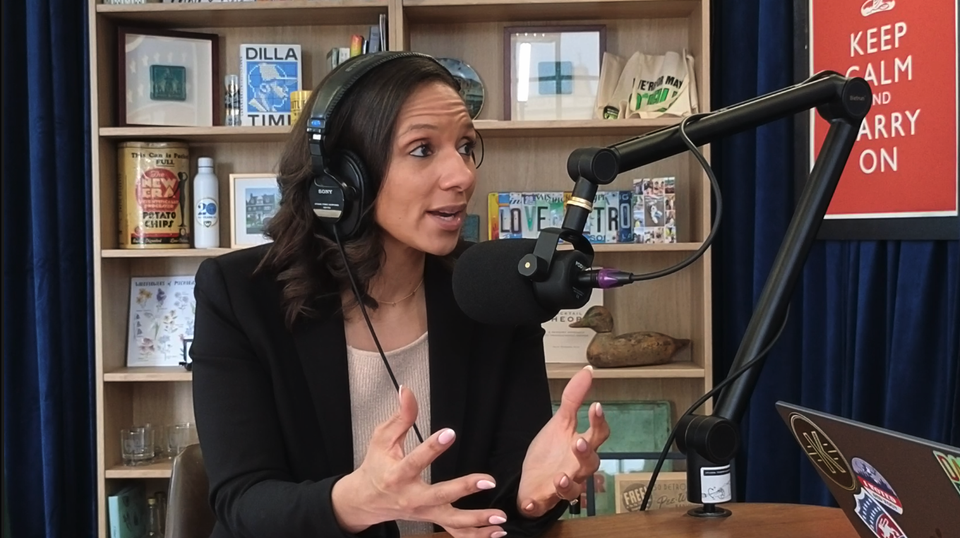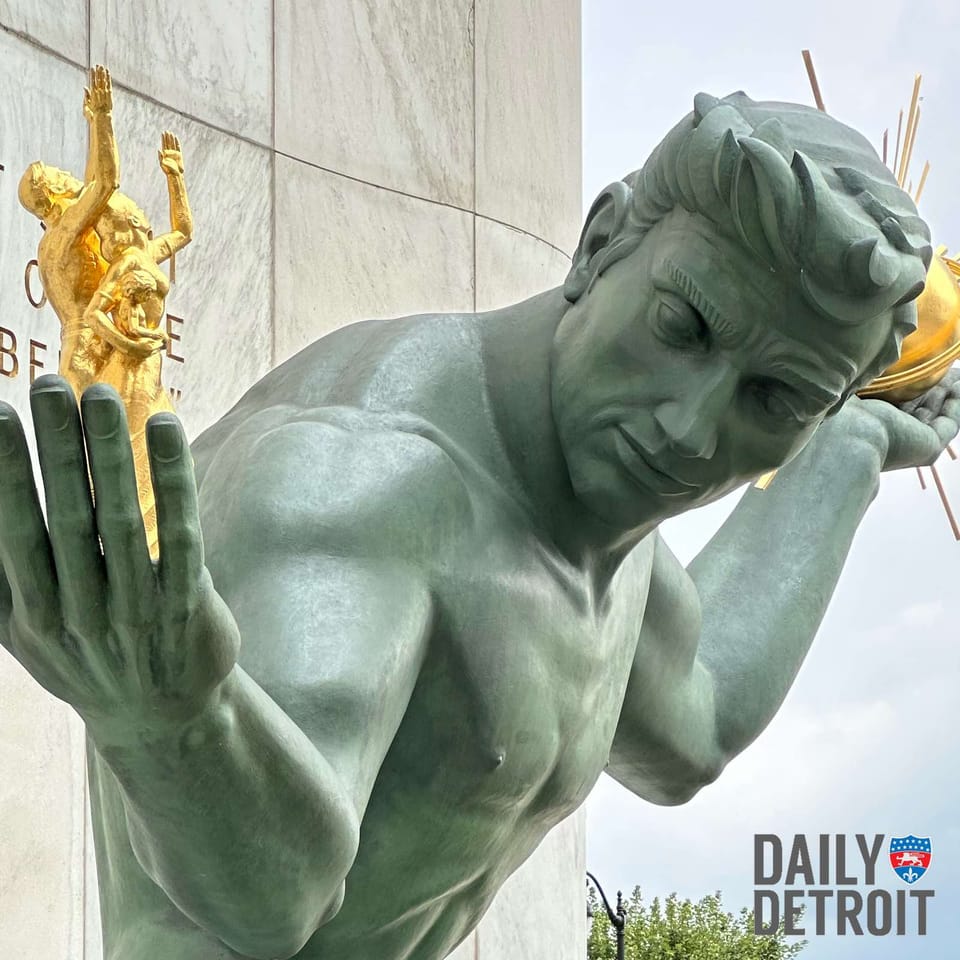Over the past few years we’ve noticed that there is a severe cultural disconnect in metro Detroit.
Before you say “oh, another city vs. suburbs rant!” let’s be clear: It’s way more complicated than just city vs. suburb. Or black vs. white.
This cultural divide doesn’t respect city boundaries. Sure, there’s a geographic element to it, but it’s also tied to family and life experiences. We live in silos. We have a lack of shared experiences and empathy.
You could live in, say, Harrison Township or Canton or Auburn Hills but still be somewhat aware of what’s happening around town, if you choose to be.
Metro Detroit’s conversation stalls because it so often lacks context and true civic pride beyond wearing an old english “D” around.
This is borne out again and again in issue after issue, where the community conversation turns into a shouting match of what “they” (insert “they” of the day) should do to fix it “themselves.”
As long as we define everyone as “they” instead of “us,” it’s a soulless conversation. We’re not dealing with each other as humans. We need more empathy and commonality.
We need to break down the virtual walls that keep us apart — whether it’s city and suburb, or in some cases, suburb to suburb.
The problem, in large part, is our cultural disconnection.
Here are a few tiny examples, but indicative of the last year.
- We posted something about J Dilla and received multiple that basically said something to the effect of, “Sounds cool, but I’ve never heard of the guy.” Dilla is a hip-hop legend who has his gear in the Smithsonian Museum of African American History.
- Pretty much any time we talk about about Detroit City Football Club (DCFC), Detroit’s wildly popular minor-league soccer team, people consistently say “I’ve never heard about it.” Even though the team just capped its biggest season ever by winning the NPSL Midwest Region title, advancing to the national semifinals for the first time ever before a record crowd of more than 7,500 rabid fans in a historic Hamtramck stadium the team has been renovating.
- More than 20 emails in response to this piece about new developments on Livernois, all variations of “Avenue of Fashion? I clicked because there was Marvin Gaye in the headline. So forgive me, but that’s the first time I’ve heard of that, can you tell me more?”
- Or in response to this piece, written about a year before Detroit Mayor Mike Duggan trotted out the information at the Mackinac Policy Conference. “What do you mean there was a wall built between black and white neighborhoods? That couldn’t have happened in this country!” Oh, but housing segregation happened in a major way up into the 1980s.
- If we talk changes in demographics, all hell breaks loose. People can’t seem handle it and many of the responses are fast and defensive and boil down to something along the lines of either “they should stay in their city!” or “My neighborhood is diverse. We have a black family on the block! (hint: That’s not actually diversity).
Geographically, this cultural line seems to roughly sit somewhere a bit north of I-696, with of course individual exceptions depending on family and life experiences on either side. There’s also a western boundary, but we haven’t found it quite yet. Maybe I-275? Would be interested to hear your thoughts.
In the outer exurb lands, when we do stories, when we visit family — there’s a feeling that “Detroit = Lions, Tigers, Vernors and Crime, Oh My!”
Little depth of knowledge. No context. Little awareness of anything going on. Just… what they saw in some media cesspool, or maybe what Dan Gilbert or Mike Ilitch is doing. Maybe. Metro Detroit is so much more than that.
We are coming to the realization — and this particular issue isn’t just about race, to be clear — that we are truly culturally divided. It’s not a city vs. suburb divide. It’s an experience and lifestyle divide.
That has a lot of impacts in a lot of different ways. Transit. Investment. Incentives. Jobs. Infrastructure. People choosing to stay in our region.
As a region, metro Detroit has roughly the same amount of people living here that we did in the 1960s. Meanwhile, the rest of the country has grown like gangbusters.
We’re staying the same and falling behind.
There’s important work to be done around this. Work that will transform this region in a positive way and help everyone.
Instead of focusing on trying to take pieces of the proverbial pie from each other, we need to bake more pie.
Thing is, the power to change this lies in all our hands. We are better than this.. If we choose to be. The future of our region depends on it.
















